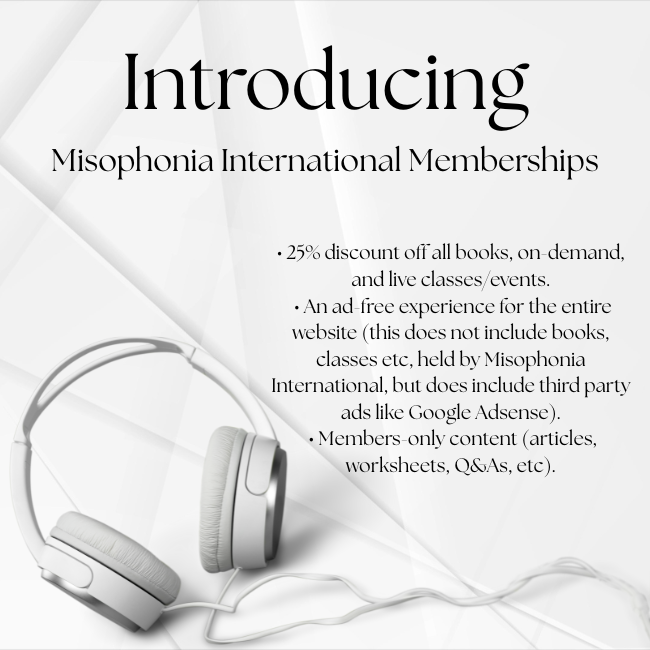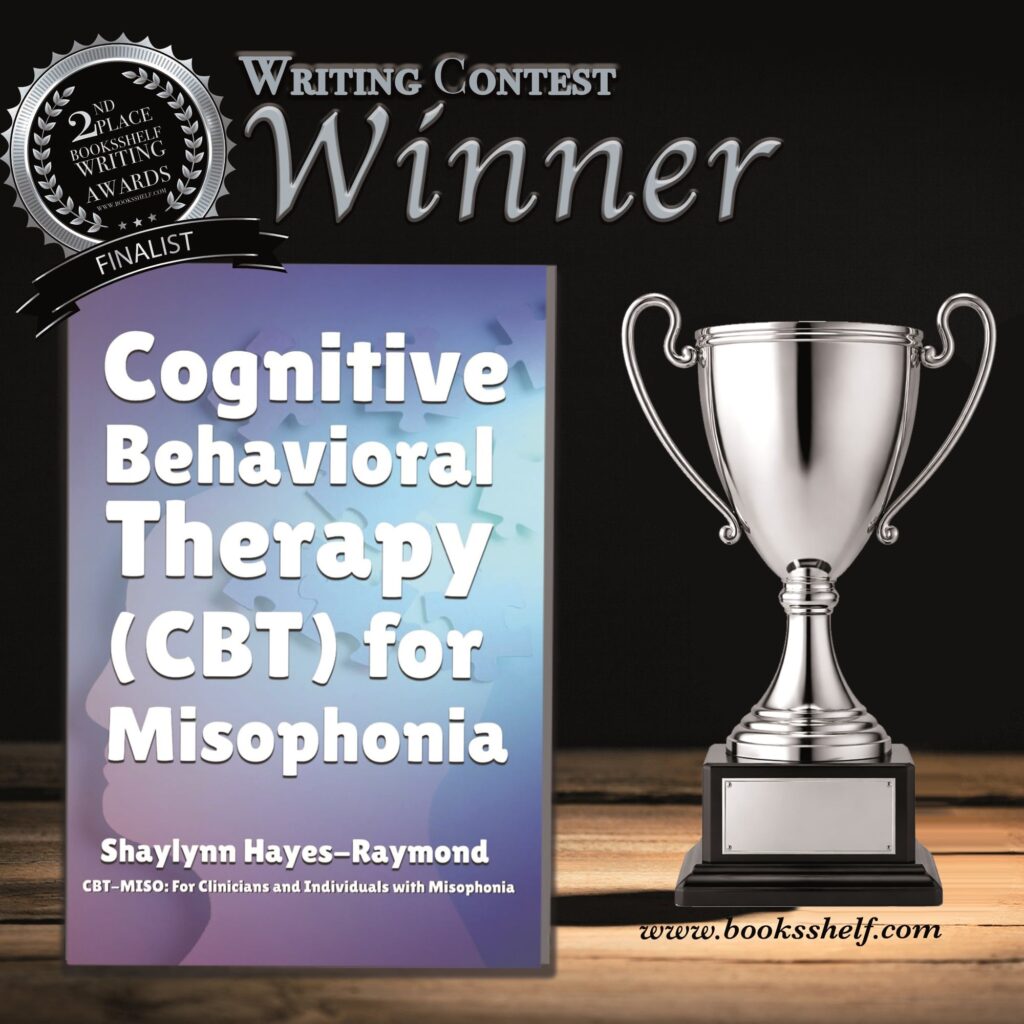

As I am a slave to honest writing I am compelled to explain to you both the strengths of Sound and its weaknesses. This raises a problem for me. How am I supposed to mention weaknesses in a work that seems to be the first of its kind? With no comparison, and nothing else tied to my heart in the same way, I feel my criticisms would merely fall flat. However, if I am truly honest, there are times when Jessica seems to be the concept of a teenage girl, and not just a girl herself. I wonder though, if this “stock character” is merely a trope. Perhaps what one may see weakness — a fairly incomplex character — a sufferer searching for “some one like them” may feel at ease with the seamless consciousness. Another small point I will mention is that sometimes Jessica feels too sheltered from the world. Where she texts freely, seems to have a good working-knowledge of many things, she becomes confused by the term “ICU”. An otherwise unsheltered character seems to know little of this place, and I wonder if this is merely an oversight or shows a deeper meaning. Perhaps it is to contrast that Jessica thinks her Misophonia is the worst thing she has seen, but in other ways she is innocent against the world, and its tragedies.
Sound moves forward freely. There is no moment where you feel the book is dishonest in its accounts of an unknown disorder. As a sufferer of this disorder I feel a great appreciation and empathy for the character. However, its comparisons to Cut are strongest in what I believe to be the books ability to show Misophonia as more than chewing rage, or a rage-based disorder. Jessica’s struggle is human. Any reader, especially young adults, would pick up this book and be thrown into the world, and the pain of Misophonia sufferers. At times the book becomes uncomfortable — as Jessica feels the strained relationships with friends and family. It is these uncomfortable moments that show Sound for what it is, a truly remarkable story of self-discovery when there is little information to discover.

15-year-old Jessica believes that she is going crazy. Small, everyday sounds, like the sound of her brother chewing his food, or of a classmate clicking his pen, have suddenly begun to trigger within her an instant feeling of rage. She is afraid to tell her friends, her parents, or anyone, including the long list of doctors that her mother drags her along to, what is going on inside of her head. She is afraid that if she does, that they too, will then believe that she is, in fact, going crazy. Sound is a year long journey, from doctor to doctor, and of self discovery. View Full Product Info Here








